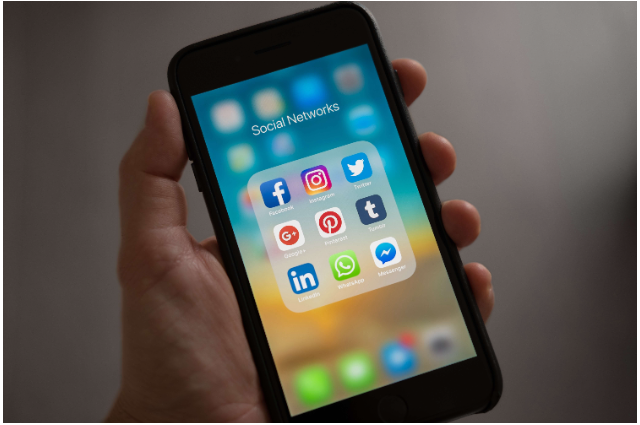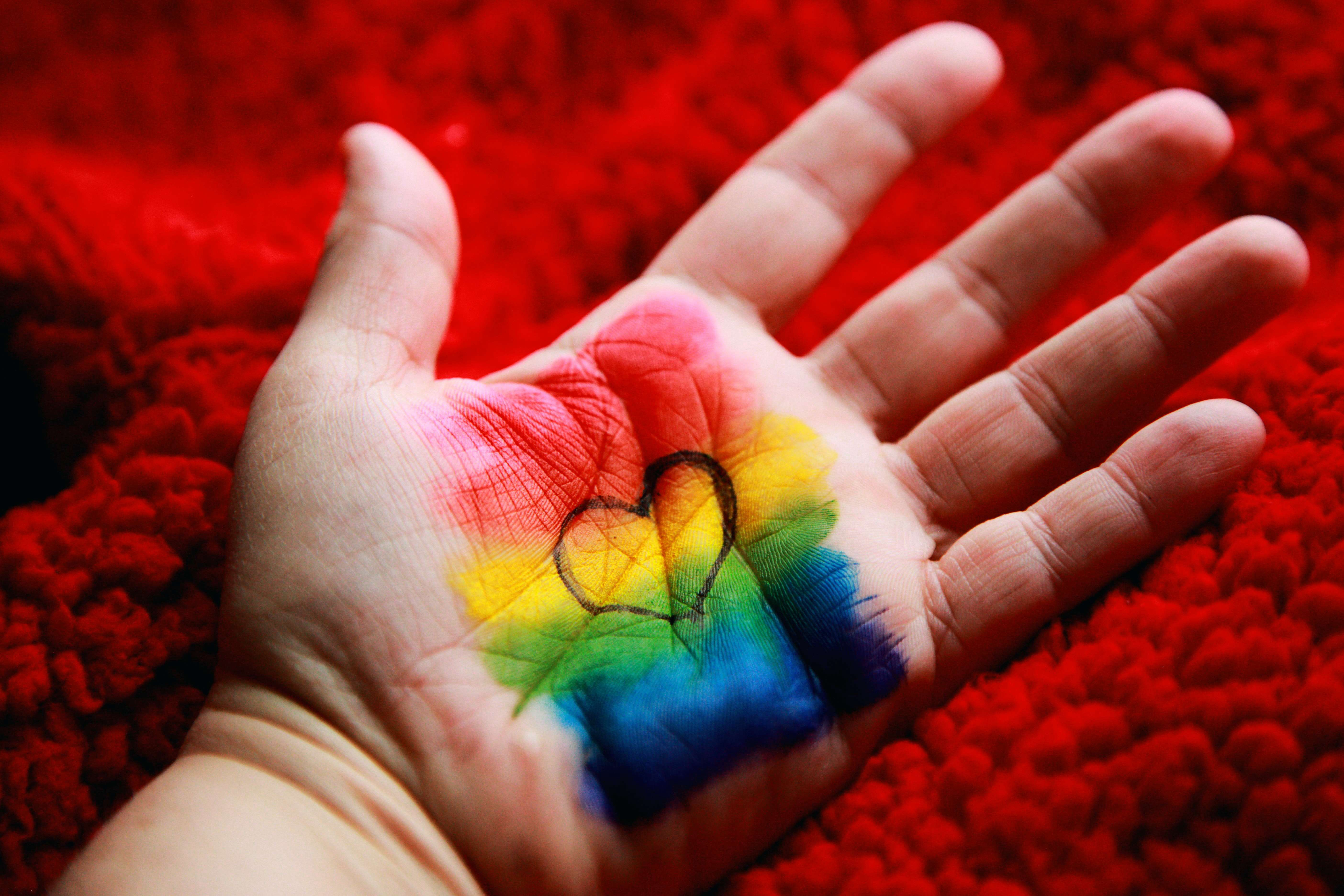
Social media activism is quite popular these days, and since more than half the world uses social media these days, it is a sort of effective form of activism too.
For instance, a lot of people recently participated in the Black Lives Matter (BLM) movement, and they began reflecting lights on the less dominant part of the society and how no one, no matter what their gender identity, sexual identity, race or religion is, deserves such injustice.
To protest for George Floyd's murder, people started expressing their outrage by posting about it on their social media handles. Twitter, Facebook, and Instagram had been flooded with posts supporting BLM, which was a decentralized movement advocating for non-violent civil disobedience in protest against incidents of police brutality and all racially motivated violence against Black people.
I think how we handle social media activism is wrong, as, in that, we are trying to spread awareness for everyone and everything, and in doing that, it loses all its power. That might sound like a horrible statement at first, but let me explain.
First
of all, let's choose an issue. Let's say for the sake of this rant, we are
talking about the stigmas about the LGBTQIA community, a topic that I'm very
passionate about, having people around me who have to go through a lot of
difficulties just because of being who they are.

So how (at least in my observation) the cycle goes is:
- Someone makes a post (let's say- discrimination of the trans people in Country A).
- This post gains transaction, everyone is in unison, and we all agree that the issue is bad, and we share the post around.
- By reaching new people, someone else will see the post and be like, "Hey, this happens in Country B," and proceeds to make a post about it, too.
- Then the cycle repeats over and over, with the focus being on different countries or places. Although it always seems to focus on a singular place, instead of the issue.
I believe that this is a pretty wrong way to handle it. I think that we should spend more time on why a certain thing is good, and shouldn't be mistreated; as almost all hatred and discrimination stems from lack of understanding and homophobia. So I don't think that we should just keep spreading posts around, saying, "I don't support what JK Rowling represents as a human, and she ruined the Harry Potter series for me after she began attacking trans people" (Which I'm not justifying; what JK Rowling is doing is sick, indeed, and definitely should be stopped).
Instead, we should focus on educating the kids growing up on why the people who belong to the LGBTQIA community aren't any less human, and how it's okay to not identify as someone who you weren't born as. Because I believe that if we do this, we'll succeed in eradicating all these prejudices and stigmas within a few generations (not completely, though).
And when it comes to this armchair activism- it does nothing but spread awareness. It doesn't stop the discrimination and biases to occur in society. We should put our resources together towards actually stopping the problem, rather than just spreading awareness. In the case of the LGBTQIA community, get the UN to agree that no country can chastise a minority, and if done so, then consequences may be taken.
Also, in the case of BLM, most of the people talked about it as it was trending, most of the people talked about George Floyd and Breonna Taylor because it made a person look cool. And I have this belief because people are still silent about the Uighur Muslims, Kashmiris, HKers, Ethiopians, Rangoons, and a lot of other stuff. So, we can say that people have selective activism that they use to jump to the bandwagon.
“Why is nobody talking about this” the ongoing pressure to be aware of, and responsive to every injustice in every country on the planet Earth, is both overwhelming and infeasible. It also erases the effort of all the people who have actually been talking about it. Spreading awareness is good, but we must make sure that we erase the needless guilt trips for the people who can’t donate money and can’t do much about it.
If the public is on your side with the issue, ultimately, they will fold it if you keep pressurizing. When you say that the power is in the people's hands, which is undoubtedly true, I think that we should put our collective power and knowledge towards fixing issues instead of just signing a couple of petitions or liking and sharing a post on Instagram. What I mean to say is that awareness is important, but it is useless if all that people do is just talk about the issue. We should let awareness be the first step of the activism, instead of the only step.
"There is a great new work before us, which is to replace with true
knowledge the ignorance that has destroyed human minds. We will construct unity
in a world, which has been brutally torn apart by false divisions of race,
religion, gender, nationality, and age."
- Aberjhani
We often say that our generation is the future. So, why don't we take it into our own hands to make the world we want, instead of just talking about the world we want?
Summing up, social media activism is effective when it comes to spreading awareness, but we must try to fix the issue, too.
